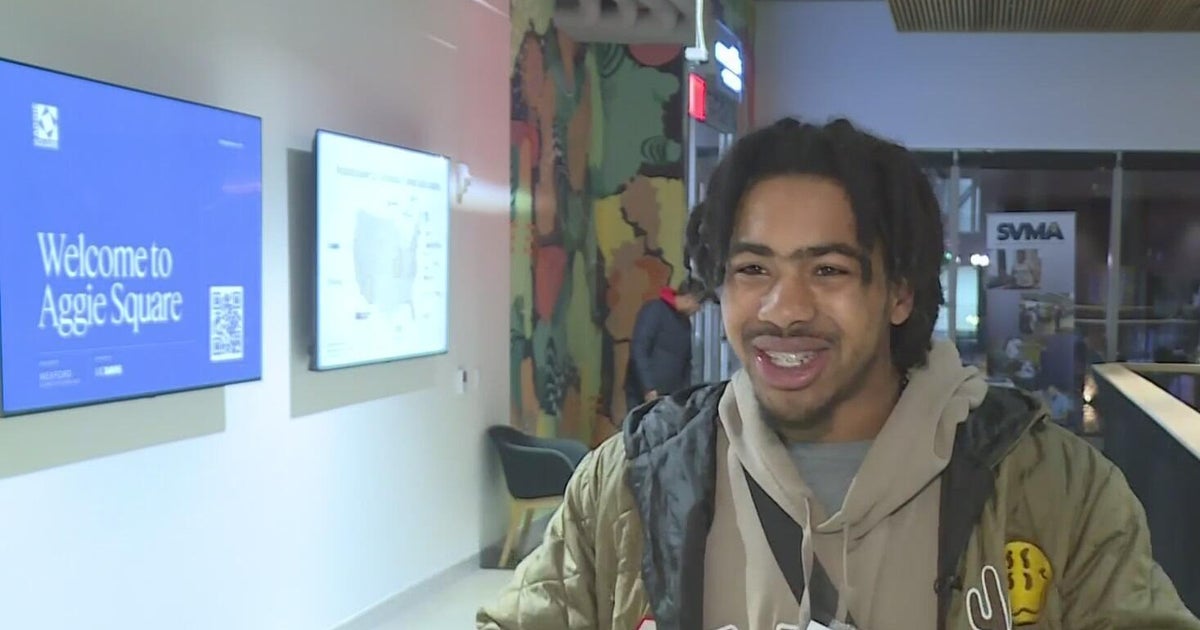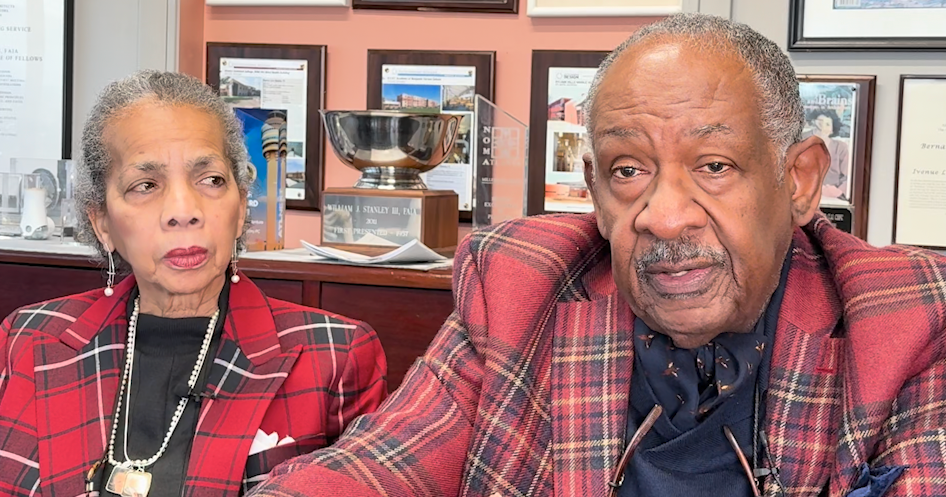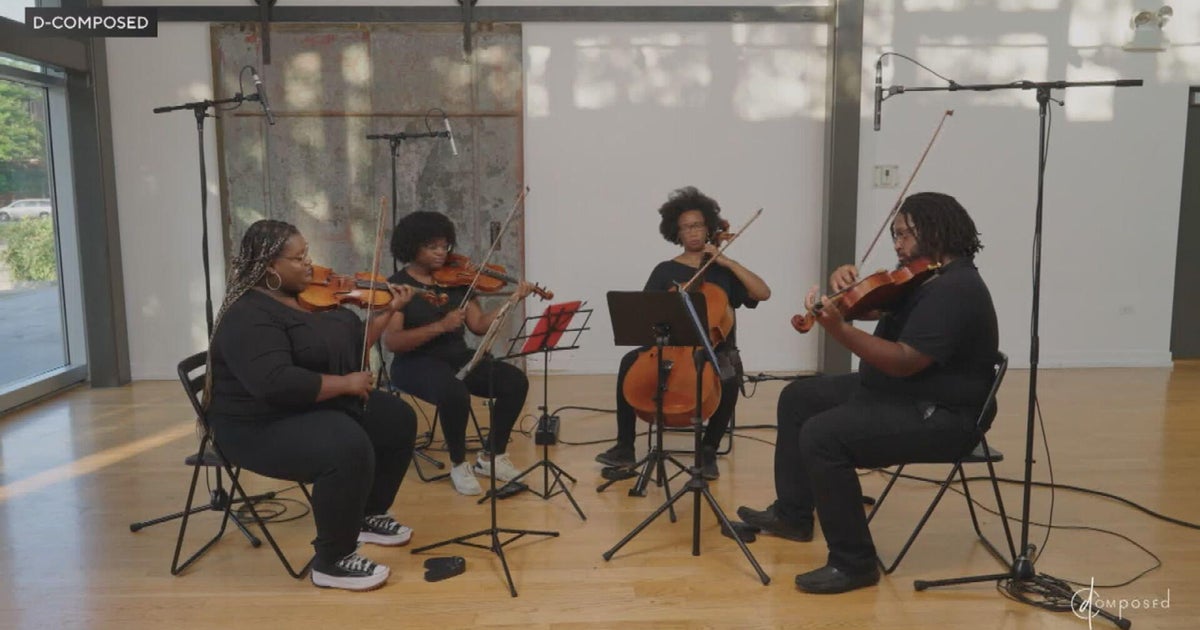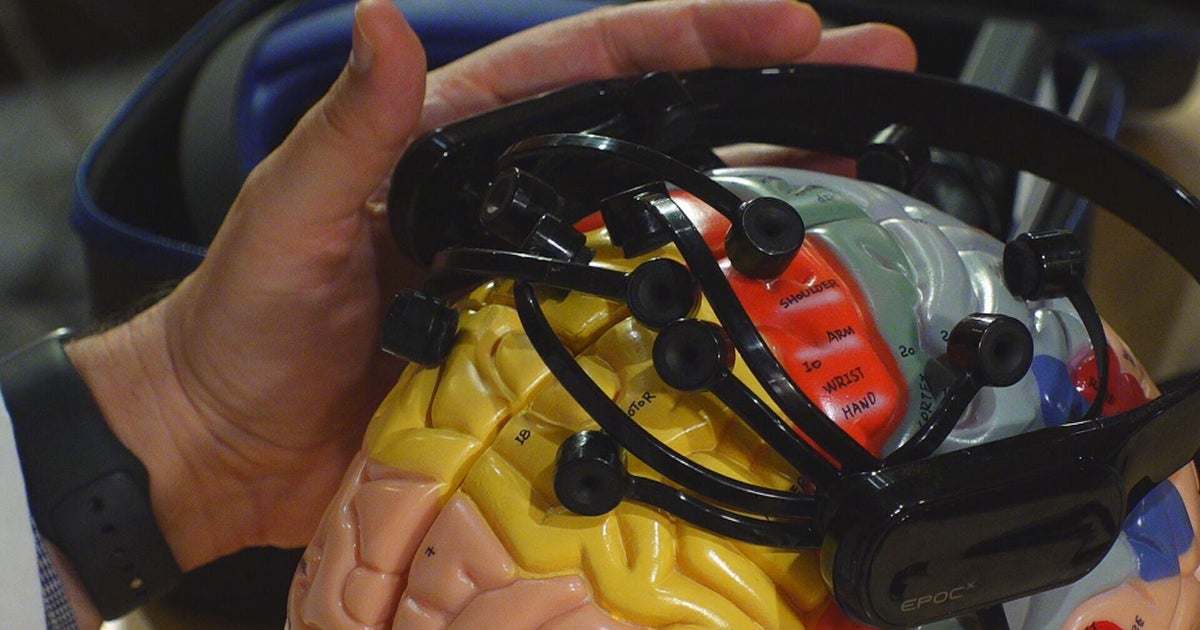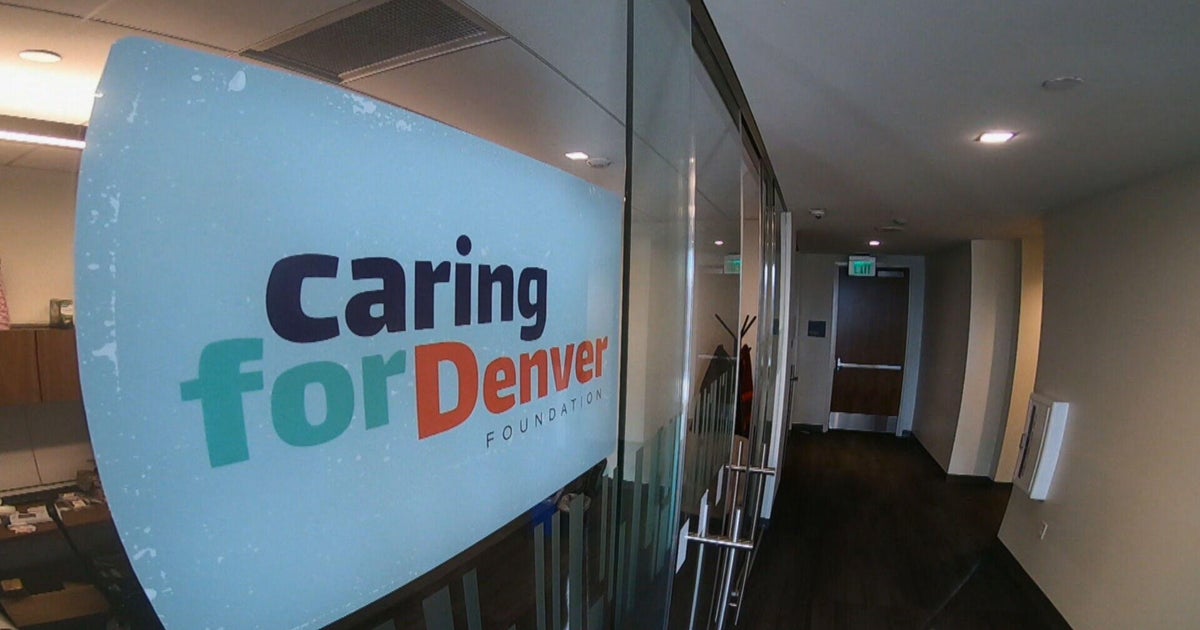Fortune Society offers lessons in technology for New Yorkers who were incarcerated during tech boom
NEW YORK -- When Queens native William Waymer got new phone, he says he was out of his depth.
"I was like an infant," he said. "The only knowledge that I had of it was what I read from books."
The former athlete and musician is now playing catch-up, as are so many others who were incarcerated during the tech boom.
That's why the Fortune Society in Long Island City is distributing devices and offering lessons to New Yorkers coming out of prison, as part of a digital equity initiative.
"We want to make sure they have equal access to the technology, to training, to IT support that they need so that they can flourish in their second chance at a new life," digital equity director Adrienne Whaley said.
Tech proficiency is more important than ever. This year, a National Skills Coalition report found that a record 92% of jobs required digital skills.
Facilitators say classes like the ones offered at the Fortune Society are an important step in closing the digital divide. But they acknowledge technology training after release from incarceration is an imperfect solution.
"It would be more ideal to be able to reach people when they're still in prison," technology trainer Jacob Schwartz said.
Jule Hall spent 22 years in prison and now works with the Innocence Project.
"Reentry begins when a person is first incarcerated," he said. "You shouldn't prevent the population as a whole from getting what they need to thrive in society today."
"I went to prison in 1999. I was 20 years old. I had a Motorola flip phone and a beeper," Laron Rogers said.
He says he came home unprepared for a changing world and workforce. He argues that's because prisons are designed for profits, not people.
William Waymer is building confidence on the computer. He looks forward to upcoming robotics classes.
"Help is a beautiful thing," he said.
You can email Elle with Queens story ideas by CLICKING HERE.



